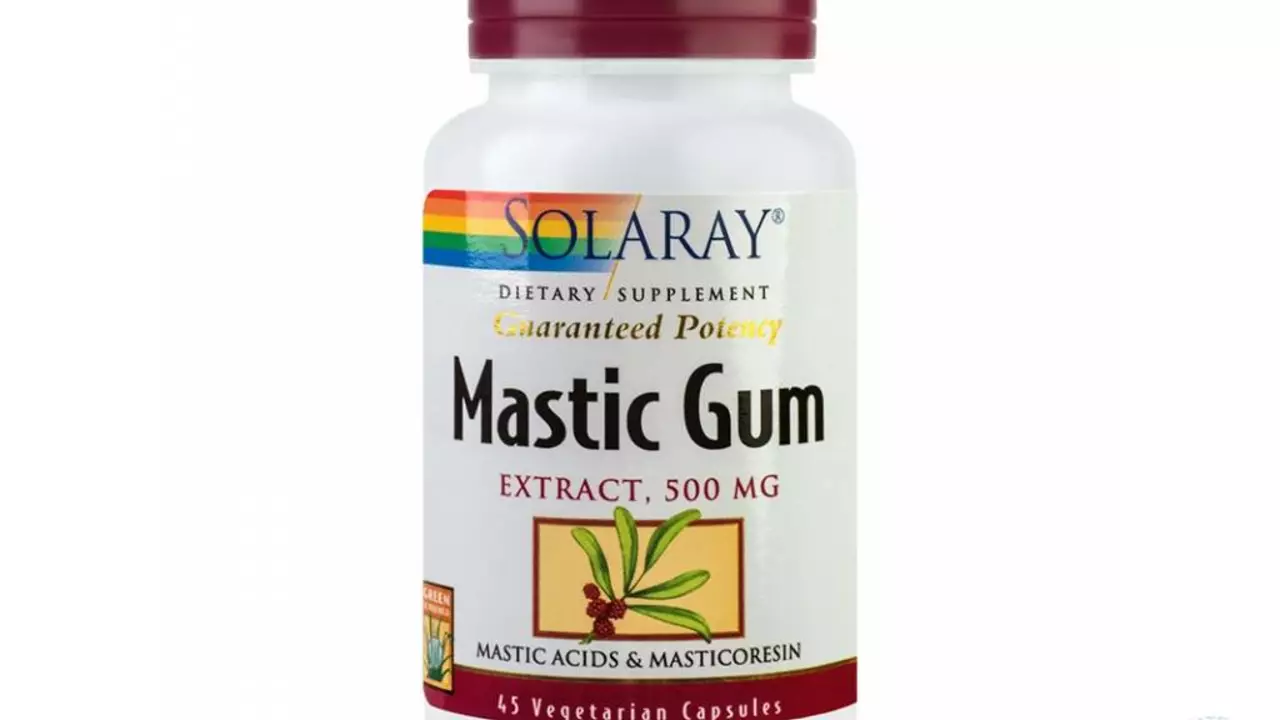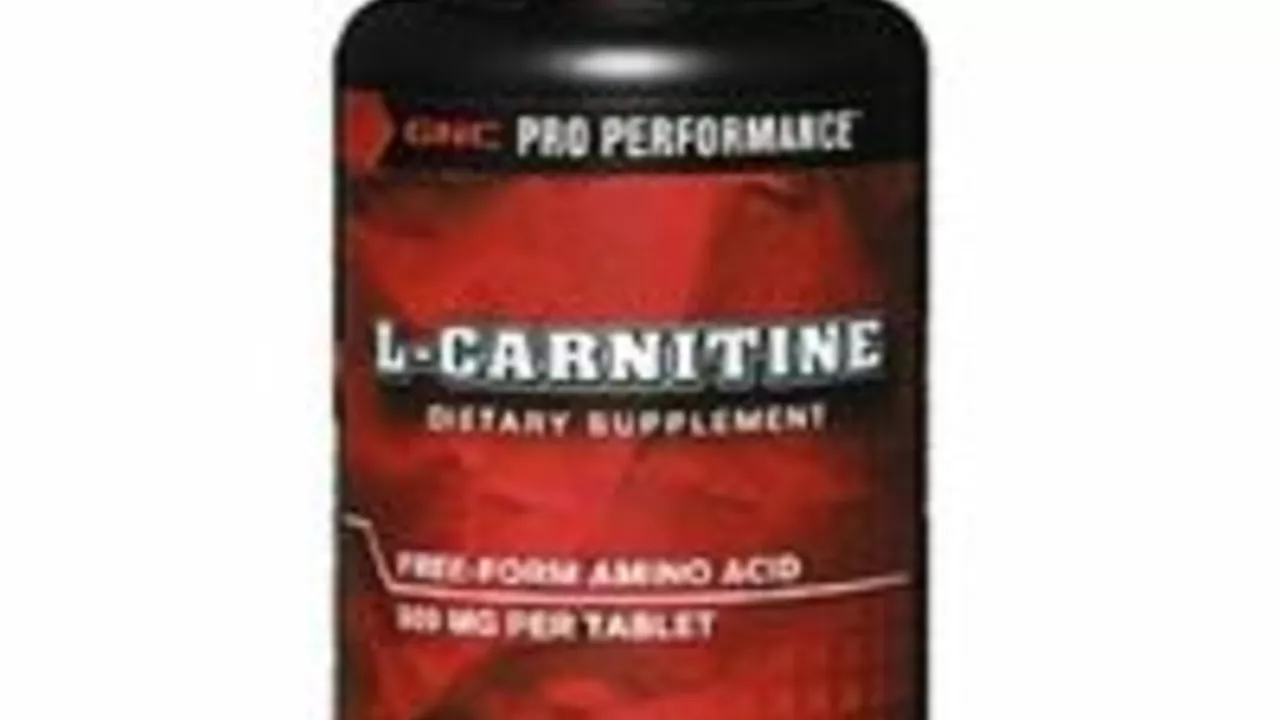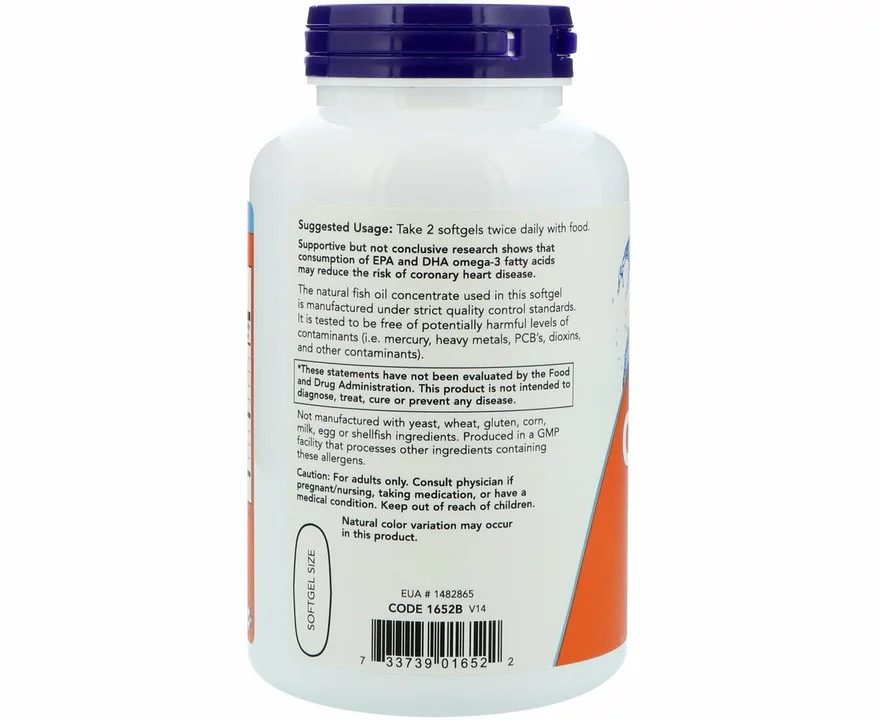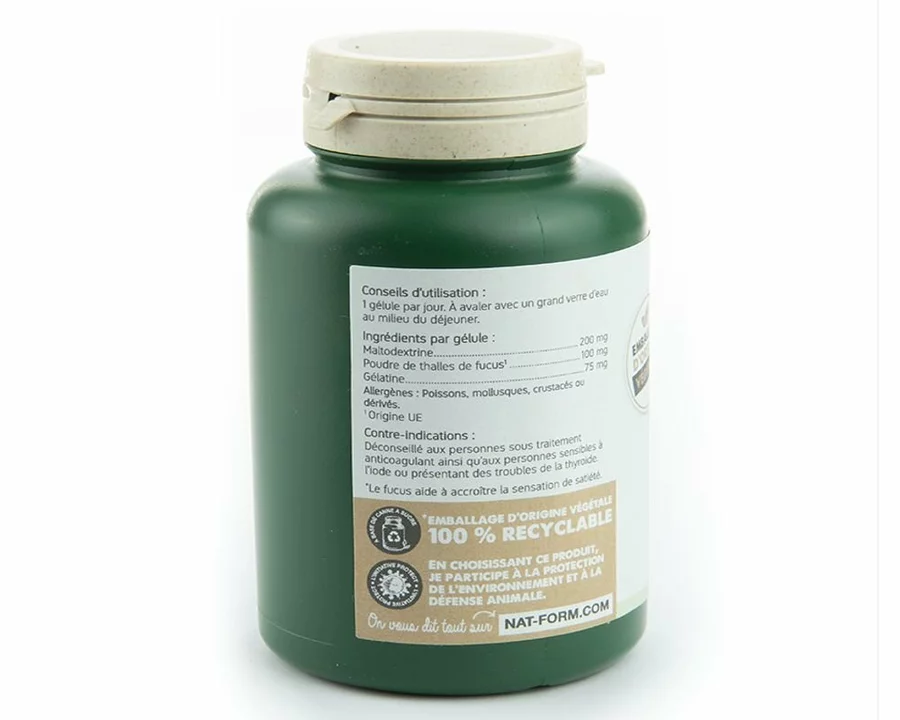Dietary Supplement — How to Pick Safe, Useful Options
Roughly half of adults take at least one dietary supplement. They can help fill gaps in your diet, ease specific symptoms, or support health goals. But not every bottle on the shelf is worth your money. This short guide helps you choose supplements that actually make sense and avoid common risks.
What a dietary supplement is (and what it isn’t)
Supplements include vitamins, minerals, herbs, amino acids, and probiotics. They are meant to add nutrients to your diet — not replace prescribed medicine. Unlike prescription drugs, many supplements don’t need approval before being sold, so quality varies a lot.
Before buying, ask: do I need this? Check labs or symptoms with a clinician if possible. Don’t rely on ads or celebrity endorsements. A quick question to your doctor or pharmacist can save you time and money.
Quick checklist before you buy
1) Read the label: look for active ingredients, serving size, and daily amount. Keep your daily totals in mind if you already take other supplements or fortified foods.
2) Look for third-party testing: seals from USP, NSF, or ConsumerLab mean the product was tested for content and contaminants.
3) Avoid mega-doses unless a clinician recommends them. More is not always better and can be harmful.
4) Check interactions: some supplements affect blood thinners, blood pressure meds, or antidepressants. When in doubt, ask your provider.
5) Buy from reputable brands or pharmacies and save receipts and lot numbers in case of recalls.
Storage matters: keep pills away from heat and humidity. If a supplement smells strange or changes color, toss it.
Common supplements and real tips
Vitamin D: Many people are low, especially in winter. A simple blood test tells you if you need a supplement. If you do take it, avoid very high doses long-term without follow-up testing.
Anise: Used for digestion and mild respiratory support. We cover practical uses and safety in our article "Discover the Health Wonders of Anise as the Ultimate Dietary Supplement." Read that before trying a concentrated extract.
Omega‑3s and probiotics: Both have evidence for certain uses, but benefits depend on the product type and dose. Look for specific strains on probiotic labels and EPA/DHA amounts for fish oil.
Buying supplements online is fine when you pick trusted stores. Check return policies, read independent reviews, and verify the seller is legitimate. If a product promises dramatic cures, treat it with skepticism.
Use supplements as tools, not quick fixes. Track what you take, watch for side effects, and review your list with a healthcare pro at least once a year. For more detail on Vitamin D or herb options, check our related posts on HighStreetPharma: "How Vitamin D Deficiency Impacts Your Breathing" and the anise guide.
If something feels off after starting a supplement — stop it and talk to your doctor. Smart, simple choices beat flashy claims every time.










